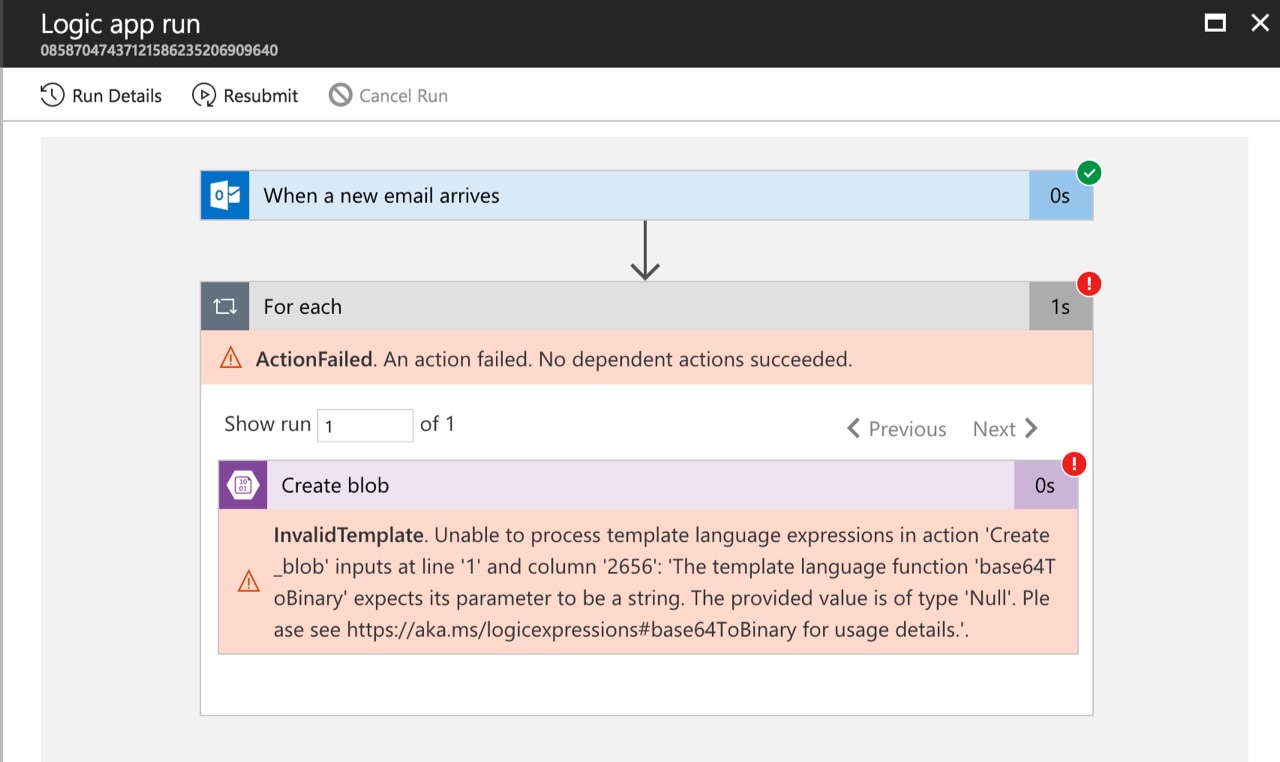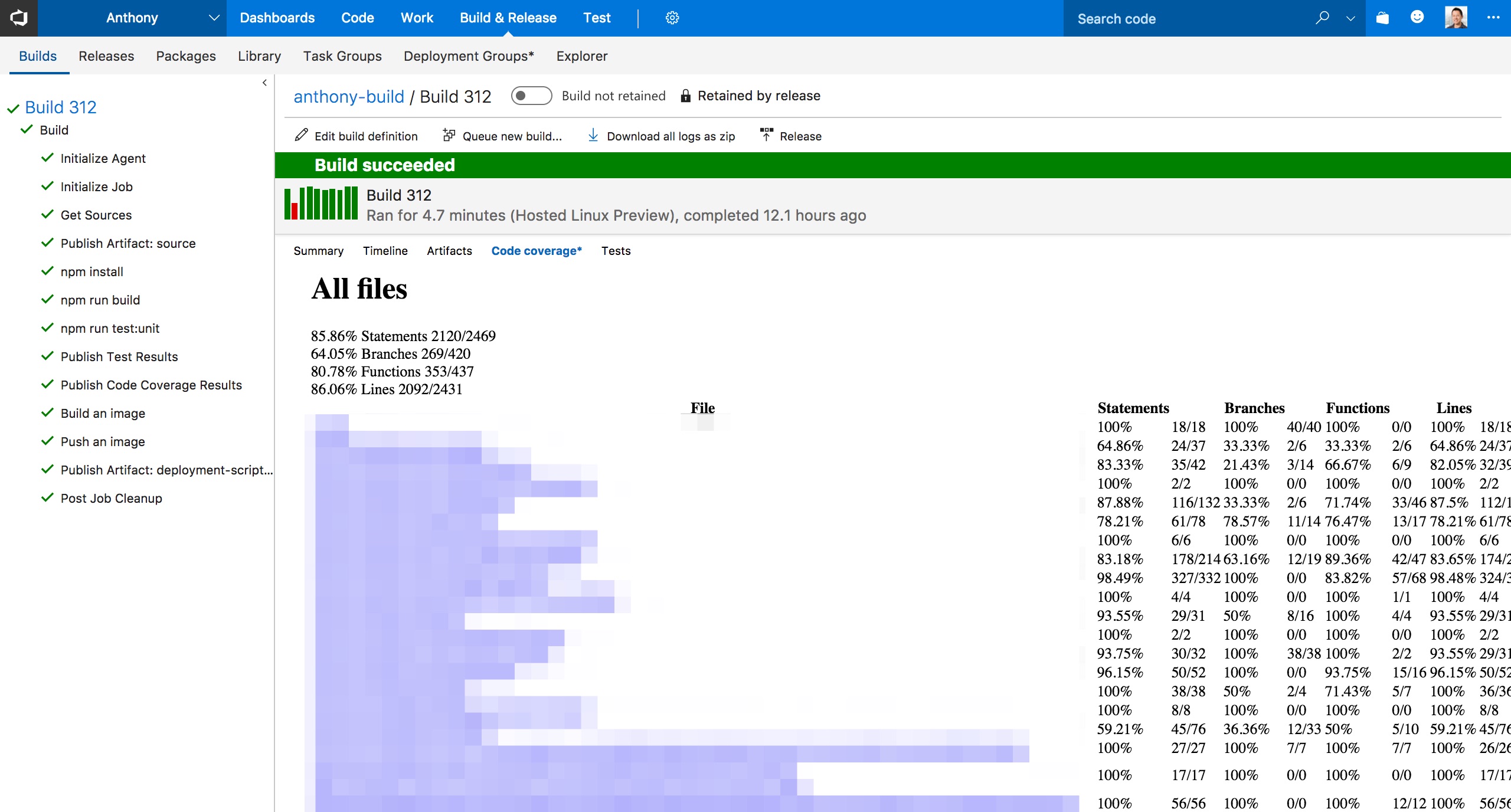Querying Cosmos DB from Azure API Management Policies
Monday, June 12, 2017
The default user accounts in Azure API Management don't store a lot of data about the user; they mostly just store a name and an email address. But what if we want to store more information about each user and pass it along to the backend API?
In this article, we'll store additional information about our API Management users in a Cosmos DB collection. When our API is called, we'll query Cosmos DB for the user data using an API Management policy and pass this information to the backend via an HTTP header.
In addition, we'll leverage the API Management value cache to prevent calling Cosmos DB on every request.
The default user accounts in Azure API Management don't store a lot of data about the user; they mostly just store a name and an email address. But what if we want to store more information about each user and pass it along to the backend API?
In this article, we'll store additional information about our API Management users in a Cosmos DB collection. When our API is called, we'll query Cosmos DB for the user data using an API Management policy and pass this information to the backend via an HTTP header.
In addition, we'll leverage the API Management value cache to prevent calling Cosmos DB on every request.


